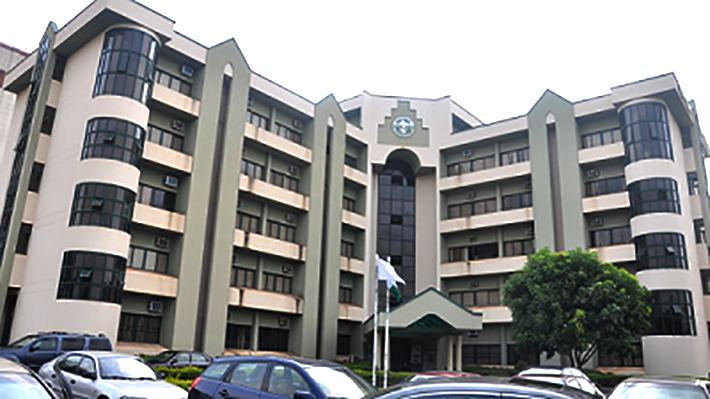-

-
Wikirise.com Advertise with Us HereStats: 4,694 members, 37,018 Posts
Number of Comments : 2,630
Date: Saturday, 27th April 2024
Protecting human rights prevent companies from making blood money: NHRC
By Godwin Emmanuel - September 1, 2022 | Categories: BusinessTags: Foreign
Share this post:

The National Human Rights Commission (NHRC) says the protection of human rights by businesses in Nigeria prevents companies from making blood money.
The NHRC, Oxfam and Connected Development (CODE) said adopting the National Action Plan (NAP) on Business and Human Rights remained key to effectively regulating business-related human rights violations.
The stakeholders said this when a delegation from Connected Development (CODE) and Oxfam paid an advocacy visit to the commission to discuss some of the challenges witnessed in oil-bearing communities.
CODE, in partnership with Oxfam, is working to domesticate the National Action Plan on Business and Human Rights in Nigeria (NAP) as a tool to support the implementation of the United Nations Guiding Principles on Business and Human Rights at the federal and state levels.
The NHRC executive secretary, Tony Ojukwu, said the adoption of the NAP was mandated by the United Nations General Principles on Business and Human Rights, demanding that countries leverage them to protect human rights in businesses.
“If human rights are protected, companies will have a better climate to do their business and make better decent profits, not blood money,” said Mr Ojukwu.
He added that some parts of the country were experiencing gas flaring and soot, adversely affecting the environment and health.
He said the draft NAP had been submitted to the justice minister, who would present it to the Federal Executive Council for adoption.
CODE chief executive officer Hamzat Lawal said some human rights violations and abuses by oil companies in oil host communities led to environmental degradation and health issues.
“So I am thinking about a tripartite collaboration among the NHRC, CODE and Oxfam, where we can document lessons, share them and engage the government and hold these agencies to account to ensure proper regulation,” Mr Lawal stated.
Henry Ushie, the project coordinator of the Fiscal Accountability for Inequality Reduction, said there was a need to engage more with companies to make them adhere to the rules and regulations of doing business.
(NAN)